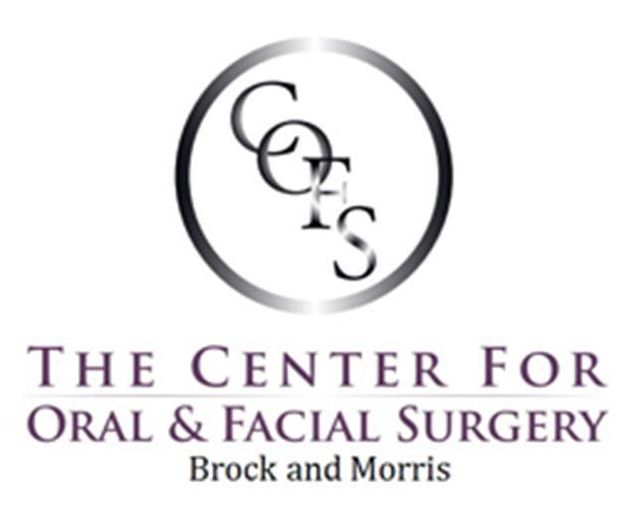FAQs
Katy Center for Oral & Facial Surgery
Have a dental-related question? We have the answer. Check out these FAQs and give us a call today for more information!
Do I need my wisdom teeth?
Wisdom teeth are not essential for proper oral function. Your teeth can operate normally without them. In rare cases where wisdom teeth align correctly and gum tissue is healthy, they may not require removal. However, even well-aligned wisdom teeth are susceptible to disease and should be monitored annually by a dental professional.Why should I have my wisdom teeth removed?
Approximately 90% of individuals experience issues with at least one wisdom tooth. Problems often arise when wisdom teeth become impacted, causing pain and potential complications. Early removal can prevent these issues and simplify the extraction process. Our oral surgeons at COFS are highly skilled and experienced in handling even the most complex wisdom tooth extractions in the Houston area.What can I eat after wisdom tooth removal?
After wisdom tooth extraction, it's crucial to consume soft foods that don't require significant chewing or jaw movement. Suitable options include mashed potatoes, broths, and ice cream. Avoid spicy or acidic foods, including citrus juices. It's essential to rinse the surgical area with warm water after eating to remove any food particles. Your oral surgeon will provide detailed post-operative dietary instructions and tools for proper oral care.What should I expect after having my wisdom teeth removed?
Following wisdom tooth extraction, patients often experience relief from pre-existing pain caused by impacted teeth. You may notice the absence of the removed tooth and feel some soreness in your jaw and gums, which typically subsides within a few days. Dissolvable stitches may be present. Your oral surgeon will provide comprehensive post-operative care instructions, including dietary restrictions and proper oral hygiene practices.How long is the recovery time?
Recovery duration varies among patients and depends on factors such as age and the complexity of the extraction. Generally, minor discomfort and swelling may persist for two to seven days. Older patients or those who delayed extraction until experiencing pain may have a slightly longer recovery period. Your oral surgeon may prescribe pain management medication to ensure your comfort during the healing process.What are dental implants?
Dental implants are small titanium posts surgically inserted into the jawbone to replace missing tooth roots. These posts bond with the bone, creating a sturdy foundation for artificial teeth. Small connectors attached to the implants protrude through the gums, serving as secure anchors for replacement teeth. This innovative solution provides a stable and natural-looking alternative to traditional dentures or bridges.What types of prosthesis are available?
Dental implant prostheses come in various forms to address different needs. A single crown replaces one missing tooth, while a partial fixed bridge can replace multiple teeth using two or three implants. For full arch restoration, a complete fixed bridge or removable overdenture can be used. The number of implants required depends on the specific prosthesis type. Our surgeons perform these procedures in a certified surgical suite, ensuring optimal sterility and patient care.Are you a candidate for implants?
Determining candidacy for dental implants involves a comprehensive oral examination and review of your medical and dental history. If your oral condition is not ideal for implants, our team may recommend procedures such as bone grafting to improve the likelihood of successful implantation. We strive to provide personalized treatment plans to meet each patient's unique needs.Do implants need special care?
Dental implants can provide long-lasting results with proper maintenance. To ensure their longevity, it's essential to practice good oral hygiene, including regular brushing and flossing. Additionally, maintaining scheduled appointments with your dental specialists is crucial for monitoring the health of your implants and overall oral well-being.







Share On: